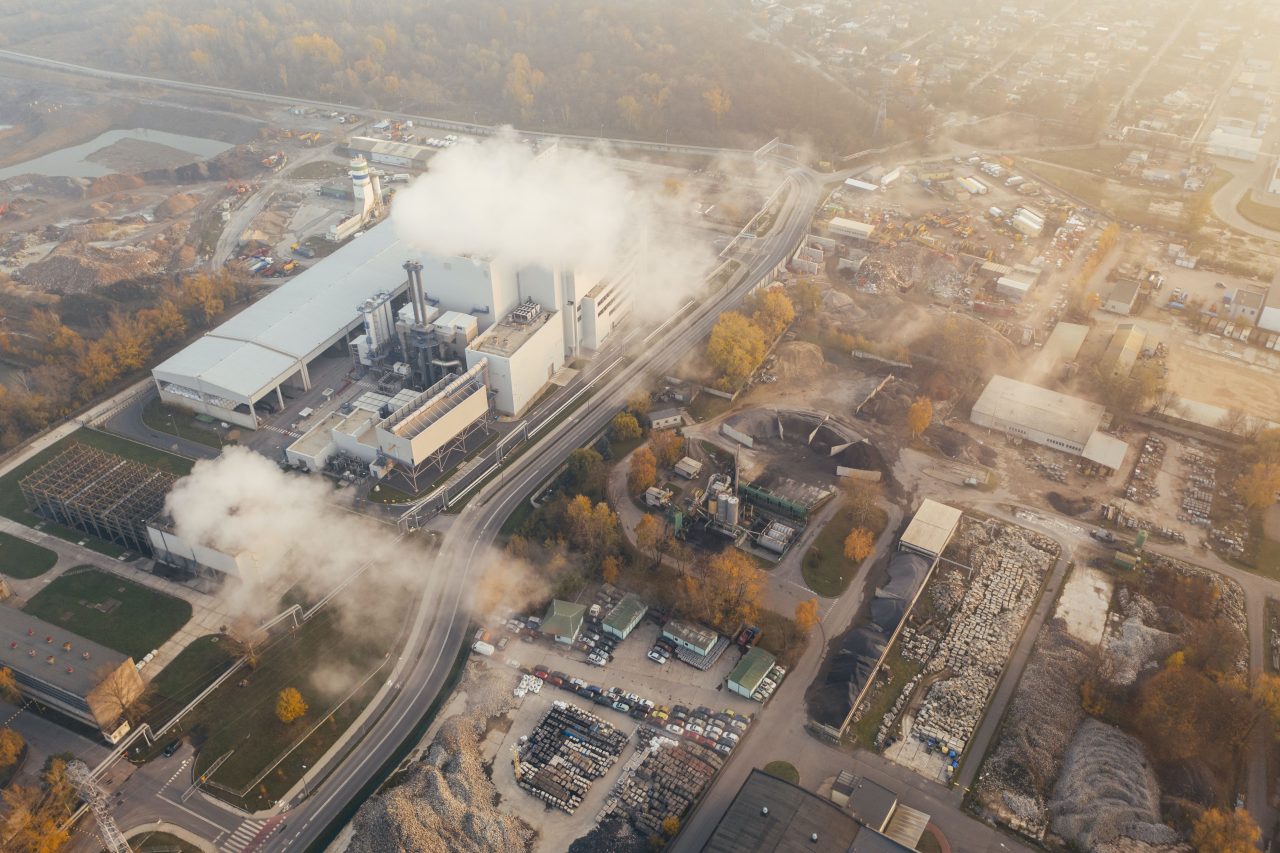
Addressing climate change is a major global challenge, and while we’ve been focused on reducing carbon dioxide (CO2) emissions, it’s crucial to also tackle methane emissions from fossil fuel operations. Despite being short-lived in the atmosphere, methane is a potent greenhouse gas that requires urgent attention in our efforts to combat climate change. Expanding our focus beyond CO2 becomes essential to effectively address methane’s significant contribution, especially from the oil and gas sector.
Nigeria’s Impressive Regulatory Steps: Nigeria is making commendable progress in mitigating methane emissions within its oil and gas sector through groundbreaking regulatory actions. Collaborative efforts involving the Nigeria Upstream Petroleum Regulatory Commission (NUPRC), the Nigeria Midstream and Downstream Petroleum Regulatory Agency (NMDPRA), and the Clean Air Task Force (CATF) have led to comprehensive regulations targeting different segments—upstream, midstream, and downstream. This shows a concerted effort to significantly reduce methane emissions.
Regulatory Impact and Future Plans: The regulations, focusing on Leak Detection and Repair (LDAR) mandates, aim for a substantial 40% reduction in methane emissions. Emphasizing high-efficiency flares and zero-emission equipment replacements, along with controls on venting devices, the goal is an impressive 98% reduction. These measures are projected to cut Nigeria’s methane emissions from the oil and gas sector in half by 2030, while also safeguarding an estimated $2 billion annually.
Innovative Solution: Optical Gas Imaging (OGI): A promising tool in mitigating methane emissions is Optical Gas Imaging (OGI). By leveraging the capabilities of OGI, regulatory agencies, industries, and entities worldwide could quickly detect and visualize methane leaks within the operational framework of the oil and gas industry. This offers an efficient approach to achieving reduction targets.
In Conclusion: In the face of climate change challenges, the strategic imperative is to mitigate methane emissions, especially from fossil fuel operations like oil and gas. Nigeria’s collaborative regulatory actions led by the NUPRC, NMDPRA, and in partnership with CATF, along with the global commitment showcased through the Methane Pledge, highlight a unified global effort to combat climate change by decisively addressing methane emissions and safeguarding our planet’s future.
